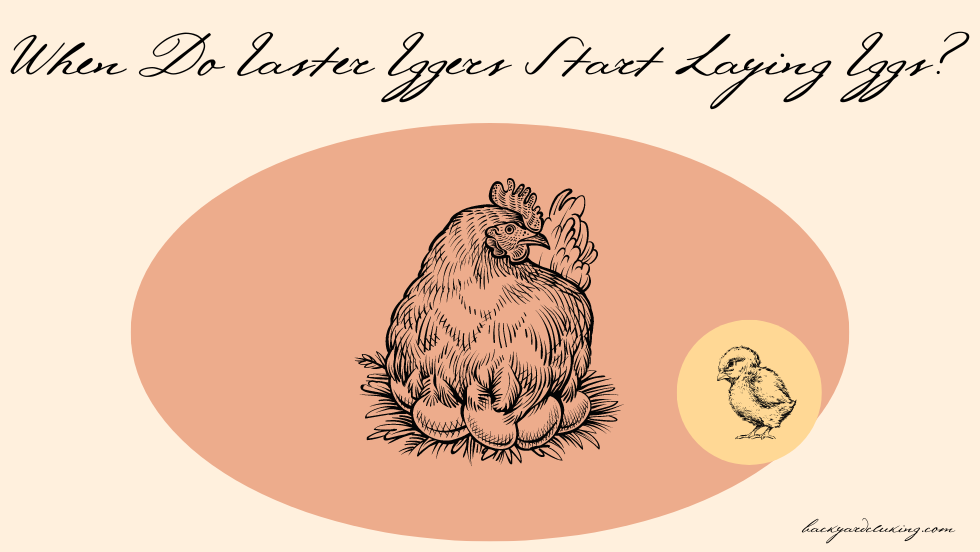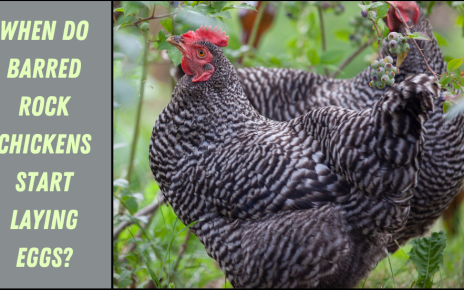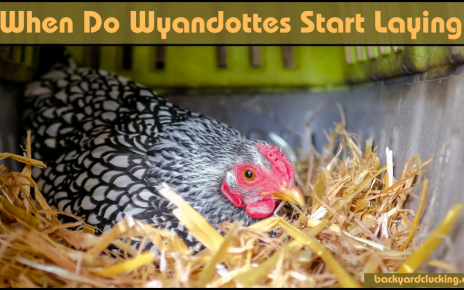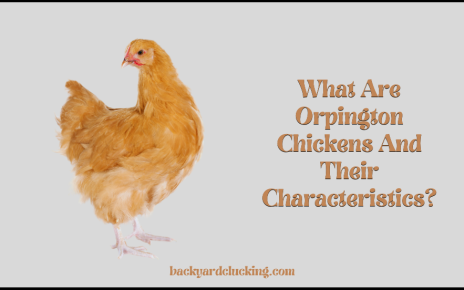Easter Egger chickens are a fascinating and sought-after variety known for their unique and colorful eggs. They are not a standardized breed like Ameraucanas or Araucanas but a mixed-breed variety that inherits the “colorful egg” gene. This results in Easter Eggers possessing exceptional egg-laying capabilities, producing eggs in diverse colors.
The eggs laid by Easter Eggers can be found in shades of blue, green, pink, and other pastel tones. The precise color of the eggs depends on the genetics of each bird and the specific breeds that were crossed to create the Easter Egger chicken.
In addition to their extraordinary egg-laying abilities, Easter Eggers are visually captivating birds.
They showcase a variety of physical differences due to their mixed-breed origins. Plumage patterns, feather colors, and overall size can vary significantly among Easter Eggers, adding excitement and elements of surprise to raising these unique chickens. Each bird can display distinct and beautiful traits, making them a popular choice among chicken enthusiasts.
When Do Easter Eggers Start Laying Eggs?
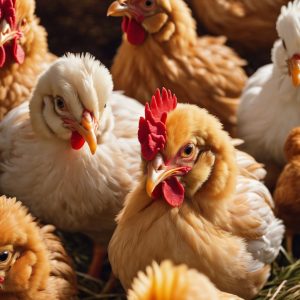
Easter Egger chickens typically begin laying eggs between [20 to 24] weeks of age [near 5-6 months]. This is a typical timeframe for backyard chickens to start laying. Remember that Easter Eggers are hybrids; their egg colors can range from blue to green and many shades in between.
Incubation Period for Easter Egger Eggs
The incubation period for Easter Egger eggs is approximately 21 days, the standard incubation period for most chicken breeds. Maintaining a constant temperature and humidity level during incubation is essential to ensure successful hatching.
Average Lifespan and Egg-Laying Duration of Easter Eggers
The average life expectancy of backyard chickens, including Easter Eggers, falls within the 8-10 year range.
However, chickens do not fully lay eggs for their entire lives. They typically lay close to their full capacity for the first 1-2 years, after which egg production declines.
An Easter Egger that lays around 160-180 eggs per year in its prime can expect a 10-15% decrease in production during its second year, with this number continuing to decline in subsequent years.
How Many Years Do Eggers Stop Laying Eggs?
Easter Eggers will cease to lay eggs as they approach the end of their laying age. This is usually around 3-4 years of age, depending on the individual bird’s health and genetics. Chickens well cared for can live beyond 8 years, but their egg-laying abilities will diminish near the end.
Some Intesrting History and Facts About Easter Eggers Chickens
Easter eggers are a popular type of chicken due to their unique colored eggs. Although they don’t meet the breed standards the American Poultry Association (APA) set out, they are still highly sought after and crossbred for their striking features.
For instance, olive eggers are created by crossing a blue egg-laying chicken and one of a dark brown egg-laying breed. This leads to a unique olive or green-colored egg, such as an Araucana with a Marans or perhaps even a Barnevelder.
Overall, Easter Eggers make great additions to any flock and never fail to surprise with their colorful eggs.
Factors Effect On The Productivity of Easter Egger Chickens
One way to keep Easter Eggers laying eggs is to provide them with a healthy, balanced diet. A nutritious diet mainly composed of high-quality chicken feed supplemented with fresh fruits and vegetables ensures that the birds get the vitamins and minerals they need to stay productive throughout their lives. This will also help maximize egg production when they are in their prime.
Other important factors to consider are housing and environmental conditions. Chickens need a clean, comfortable coop that is well-ventilated and provides protection from predators. A secure run will also give the birds plenty of room to roam around and keep them active, which can help with egg production.
Additionally, managing stress levels is essential for keeping Easter Eggers productive. Overcrowding, sudden changes in temperature or humidity, and other environmental factors can cause stress. Maintaining a stress-free environment will ensure your chickens stay happy – and continue to lay eggs.
Finally, providing your chickens with the necessary vaccines and medication will help keep them healthy and able to produce eggs at full capacity. Regular veterinary visits to check for parasites or other health problems is recommended, as these can lead to decreased egg production or even death if left untreated.
By following the above tips, you can ensure your Easter Eggers remain healthy and productive throughout their lives!
Benefits of Having Easter Eggers Chickens in Your Flock
Easter eggers are not only great producers of colorful eggs, but they also bring a certain charm to any flock. Their unique and exciting appearance, due to their mixed-breed origins, make them the perfect addition for those looking for a little extra variety. In addition to this, Easter Eggers make great pets and can be easily handled and trained.
Another great benefit of Easter Eggers is their hardiness and resilience to common chicken ailments. These birds can tolerate a wide range of temperatures and thrive in both hot and cold climates.
This makes them an ideal choice for those living in different parts of the world who cannot provide optimal care for chickens of other breeds.
Finally, Easter Eggers are great egg producers and can lay anywhere from 160-180 eggs annually in their prime.
This makes them popular among backyard chicken owners looking to maximize their egg production.
As you can see, there are many benefits to having Easter Eggers in your flock! They can provide abundant colorful eggs and plenty of entertainment with proper care and nutrition.
So why not consider adding some Easter Eggers to your flock? You won’t regret it.
Conclusion
Easter eggers are an excellent choice for backyard chicken owners looking to add variety and color to their flock. Not only do they produce a wide range of colored eggs, but they also have a unique appearance and are generally hardy birds.
With proper care and nutrition, Easter Eggers can lay up to 180 eggs annually in their prime and make great pets. So why not consider adding some Easter Eggers to your flock? You won’t regret it!
Thank you for reading this article on the benefits of having Easter Eggers in your flock. We hope we have helped you understand more about these unique birds and wish you luck raising them.

